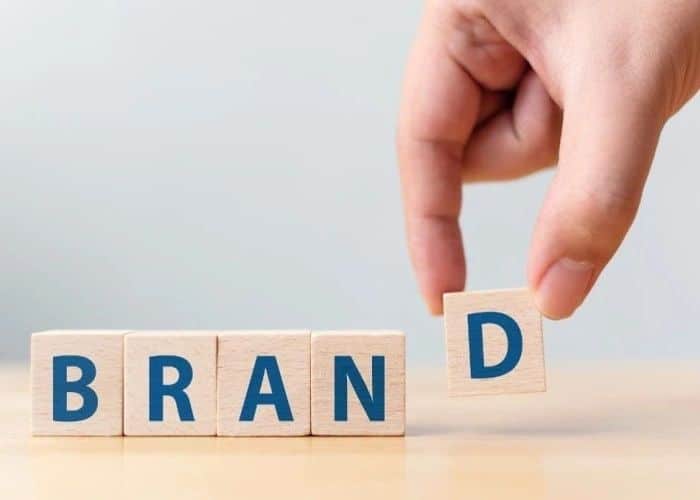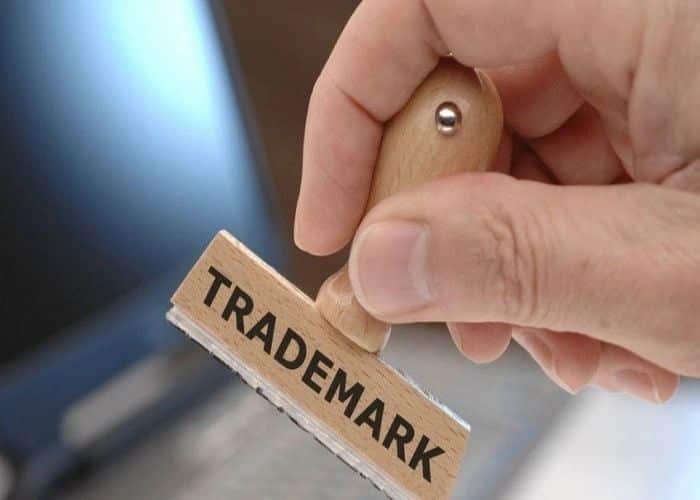
Trademarking is a strategy used by innovators and business owners to maintain their competitive advantage in their specific industry. It is a term that most people have heard of, but it is often shrouded in mystery and misinformation. One of the most common questions asked with regards to this topic is: what can be trademarked? In addition, most people are curious about the things that do not qualify for a trademark.
In this guide, you will discover what you need to know about trademarks and when they are applicable.
A trademark is a feature, unique to your brand (and its products or services), that distinguishes it from your competitors’ products or services. When a product or service is protected by a trademark, it cannot be duplicated or replicated by other brands or companies.
The aim of a trademark is to identify your business as the sole source of a product or service. It is a valuable marketing tool because it boosts brand recognition. In a highly competitive business world, any form of distinction that sets your brand apart from others puts you at a huge advantage.
With that said, business owners and innovators might be curious to know what can be trademarked. Any item can be trademarked, such as, but not limited to the following:
Color, shape, feel, or other distinctive features of a product innovation (shape of the Coca-Cola bottle)
In essence, a trademark allows your customers to tell your products or services apart from competitors’. It also means, based on the description of a trademark above, that some businesses might need to register more than one trademark as part of their business operation.
For example, a business must trademark their business name, as well as their logo, slogan, and color scheme. These trademarks must be registered individually. If you have more questions about what other features of your business could be registered as a trademark, you might want to work with an attorney. They can provide legal advice on which aspects of your business’s intellectual property rights should be protected.

When you apply for a trademark, there is no guarantee that your application will be approved outright. There are certain guidelines observed by the USPTO to determine what can be trademarked and what does not qualify.
Before you apply, it pays to know more about those that belong to the second group. The USPTO will not grant trademark protection in the case that you fail to exhibit the unique features and characteristics of a product, service, name, or brand. It is important to know that you won’t be approved if a similar trademark already exists. Pay due diligence and research on the existing trademarks so you can increase your chances of being approved for the trademark application.
The general rule is that you cannot trademark a generic name of a product or service. For example, if you sell apples, your company cannot obtain the trademark for APPLE. The purpose of the trademark isn’t to say that only your company sells apples in this particular location. The goal of a trademark is to help consumers distinguish your company from other apple producers in your area.
The trademark guidelines also state that you cannot use deceptive words in the name of your company or product. For example, if you apply for the name Leather Shoes in your product, it has to be made with leather otherwise it is a form of marketing deception.
The use of a personal name as a trademark is not allowed either. However, you may apply for a trademark using your personal name if it is attached to a service. A good example of this is that John Smith’s Catering is valid for a trademark registration, but John Smith alone is not.
There are more specific guidelines on what can be trademarked and what cannot be trademarked. Make sure to brush up on them to save your company the time and effort of being turned down in your application.

Identifying what a trademark is and what you can use it for is not enough for business owners and innovators. It is important to identify the reasons why you need it in the first place. It is a long and exhaustive process; so why do you need to have it done in the first place? These are some of the reasons why you need to get a trademark.
1. Exclusive Rights – A trademark represents your intellectual property; a product or service that you developed and innovated. You can guarantee sole ownership of that product or brand name by registering it as a trademark. This also means that other businesses won’t be able to use the same distinguishing features for that product or service for developing their own, or marketing their existing products.
2. Builds Trust Among Customers – A registered trademark provides confidence and builds trust among consumers because it indicates that your company is legitimate, and so are your products and services. It offers a unique value proposition for your products or services.
3. Product Recognition – When your product or service is trademarked, it signifies something unique about your business and its offerings. It is, therefore, a good idea if you want to boost brand and product recognition.
4. Protection from Infringement – By registering a trademark, only you have the rights to use that trademark. Other persons or businesses won’t be able to use it, regardless of whether it is for profit or not. It protects your intellectual asset from others who might try to cash in on your innovation.
5. Building Assets – A trademark is considered a valuable asset since you can sell or assign it to someone else. It is an item of value because it went through a lengthy process of authentication that ensures quality and uniqueness of a product or service.
There are more benefits that can be gained when you register a trademark; however, the ones mentioned above are applicable for businesses that want to take advantage of them. As a business owner, you need to be aware of these benefits so you can make the most of them and position your brand above your competitors.

Registered Patent and Trade Mark Attorney with significant experience obtaining all forms of registered intellectual property. I hold a Bachelor of Science in Engineering, a Masters of Business Administration and a Masters of Intellectual Property. I’m passionate about showing my clients how they can protect their brands through trademark registrations.
I found them online and initially I was bit hesitant to talk to them about my problem but when I spoke to Barry, I felt more comfortable, and he gave me all the information and advice I wanted without even thinking that I am going to give him business or not. Finally, I went with them, and they made the entire process so smooth and easy for me. john was keeping us updated with each step he was doing. I would recommend these guys for any patent or trademark related service.
I would like to express my thanks to Barry and his team at IP Guardian in Sydney for their assistance with our recent Trademark application. Barry was highly professional, readily available throughout the process and clearly communicated expectations. Barry even helped us refine our application so that we had a greater chance of success which was very much appreciated to avoid extra costs. I would highly recommend Ip Guardian for all your Trademark and Intellectual Property needs.
Barry, last week, you and your professional team, made my year (or probably my next 21 years). So thank you so much for your executive, calm yet very effective actions under extream pressure. Elias Hajjar, Director, TROLLEYON PTY LTD
Informative, understood the business, what it needed and answered questions in a friendly and approachable manner. Easy decision to continue working with IPGuardian for future trademarking
From the day I contacted Barry Meskin until now with my silly amateur questions, he has been nothing short of amazing. I actually NEVER leave reviews anywhere, but I felt the need to do so for Barry and his team. I myself am a tradie, so I felt intimidated speaking to an attorney. But the second I spoke to him on the phone, he made me feel right at home. Never pressured me into any decisions, yet when I decided to go ahead with him, he delivered what I needed much quicker than what I was expecting. I cannot speak highly enough of him and recommend his services 100%.
The team at IP Guardian have made the process extremely straight forward and easy for us to understand exactly what was required. I will highly recommend to our clients who need help with IP.
I have dealt with Barry over the years, his advice and experience has helped me greatly. Looking for to working with him and his team again. Maher.
IP Guardian helps protect words, symbols, letters, numbers, names, signatures, phrases, sounds, shapes and smells. Yes, I said smells.
We've had the pleasure to work closely with Barry for many years. He has been exceptional to deal with and has a keen focus in providing a commercial led IP "go to market" strategy for start-ups and well known brands. Makes it easy and always advises on different ways to navigate through the IP process.
Barry Meskin @ IP Guardian is an experienced and extremely knowledgeable expert in the domain of intellectual property, patents and trademarks. In addition he has been extremely responsive and very professional in all our dealings. I wholeheartedly recommend Barry's services to any business or anyone seeking advice in this area - great quality and great value.